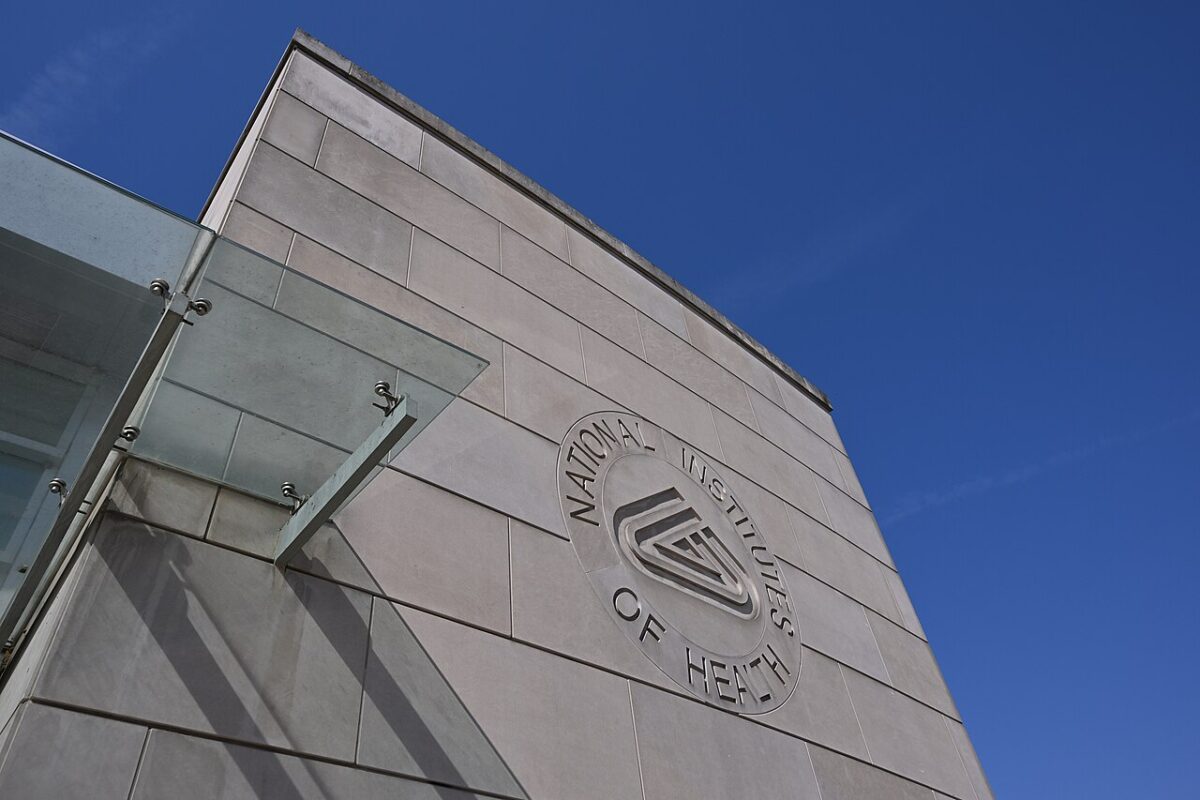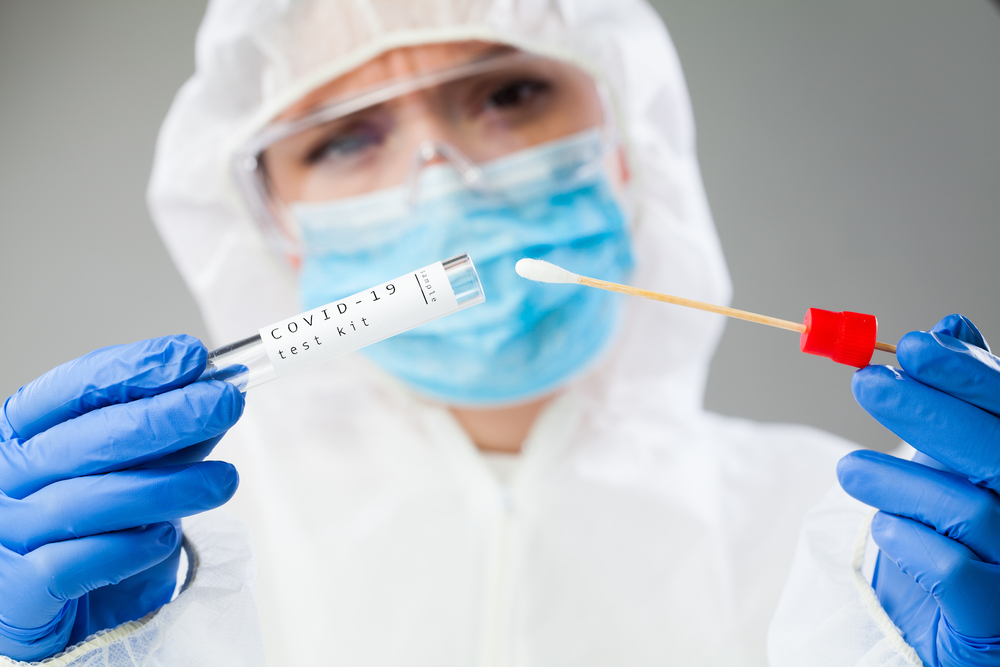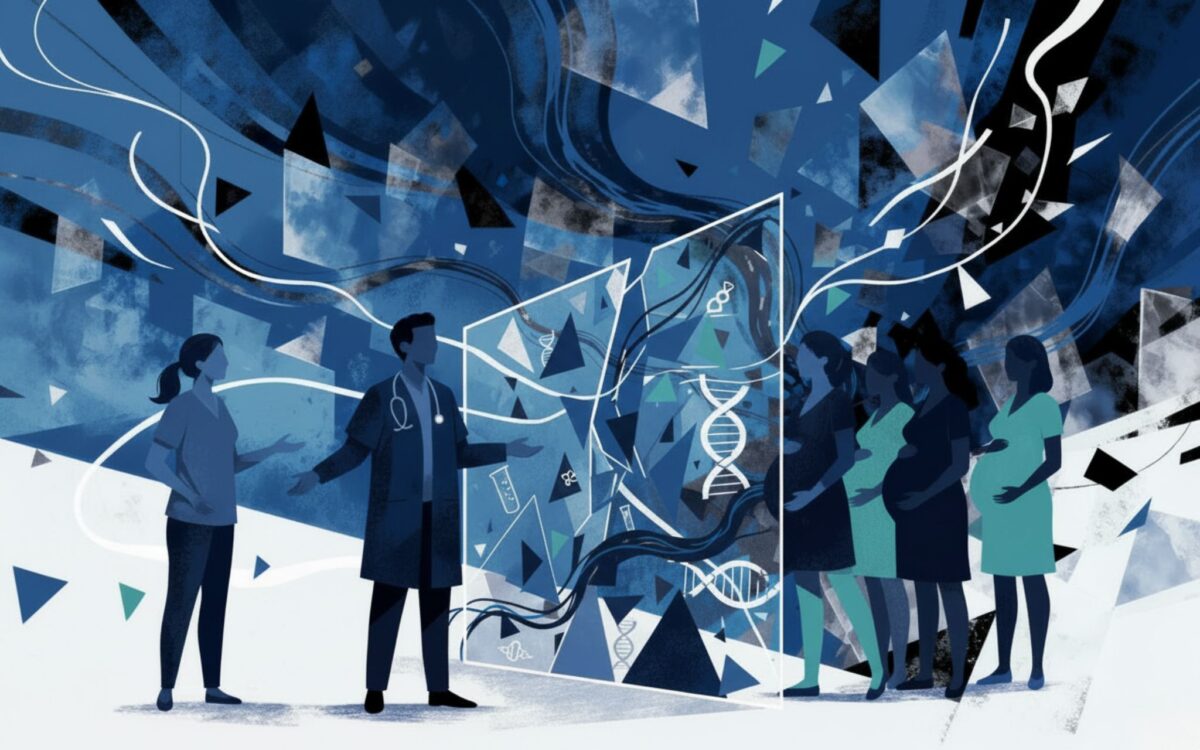 #News
#News
COVID-19: High levels of immunity hinder clinical trials
Clinical trials conducted in 2021 and 2022 were unable to find a dosage of the SARS-CoV-2 virus capable of infecting volunteers in challenge studies
 The strains used in challenge studies are produced under stringent conditions. The process can take six months or more, making it difficult to keep up with the variants that are circulating | Image: Shutterstock
The strains used in challenge studies are produced under stringent conditions. The process can take six months or more, making it difficult to keep up with the variants that are circulating | Image: Shutterstock
In March 2021, when the COVID-19 pandemic was forcing people to isolate at home and vaccines were not yet widely available, scientists at the University of Oxford, UK, launched the world’s first trial involving volunteers who were willingly infected with COVID-19. Voluntary infection trials, commonly known as human challenge studies, are clinical trials in which volunteers are given a vaccine candidate or a placebo, and then deliberately infected with the virus.
The study in question used a tiny dose of the SARS-CoV-2 strain that circulated in the early days of the pandemic, capable of infecting around half of volunteers who had not previously had the virus.
At the same time, a team led by Helen McShane, an infectious disease researcher at the University of Oxford, began a second study involving people who had recovered from naturally contracted SARS-CoV-2 infections caused by a range of variants. The trial later enrolled participants who had also been vaccinated.
Participants were given a small dose of the “ancestral” strain of SARS-CoV-2. When none developed a sustained infection, the scientists began increasing the dose in subsequent groups of participants, until they were eventually giving 10,000 times the initial dose. Even then, some volunteers only developed short-lived infections that they recovered from quickly.
“We were quite surprised,” said Susan Jackson, a clinical researcher on the Oxford trial and coauthor of the resulting paper. “Moving forward, if you want a COVID challenge study, you’re going to have to find a dose that infects people,” she said in an interview with the journal Nature.
A similar ongoing trial at Imperial College London, in which participants have been exposed to the DELTA variant of SARS-CoV-2, has also encountered problems with infecting participants reliably, says Christopher Chiu, an immunologist and infectious-diseases physician at the institution.
Some participants have experienced infections, but probably not enough for a study testing whether a vaccine works, Chiu said in the same Nature article.
“We need a challenge strain that’s more representative of what’s circulating in the community,” adds Anna Durbin, a vaccine scientist at Johns Hopkins University School of Medicine, USA, who was a member of the board that oversaw the safety of the recent reinfection trial.
The strains used in studies like these are produced under stringent conditions. The process can take six months or more, making it difficult to keep up with the variants that are circulating.
New approaches
As a result of these findings, researchers are now looking for new ways to give people COVID-19. Jackson, from Oxford, says an even higher dose of SARS-CoV-2 may be needed—similar to the doses used in flu trials, in which participants have considerable immunity.
Another option would be to give volunteers multiple doses. Chiu says his team is exploring the possibility of screening potential participants to find people with low levels of immune protection against the BA.5 (Omicron) variant and other strains.
He is leading a consortium that has received US$57 million from the European Union and the Coalition for Epidemic Preparedness Innovations (CEPI) in Oslo to conduct trials of inhaled and intranasal COVID-19 vaccines that can also block transmission.
He is hopeful that changes to study protocols will resolve the issue.
“What you really want is a model that replicates a genuine infection and ideally one that causes some symptoms,” Chiu adds.
*
This article may be republished online under the CC-BY-NC-ND Creative Commons license.
The text must not be edited and the author(s) and source (Science Arena) must be credited.


